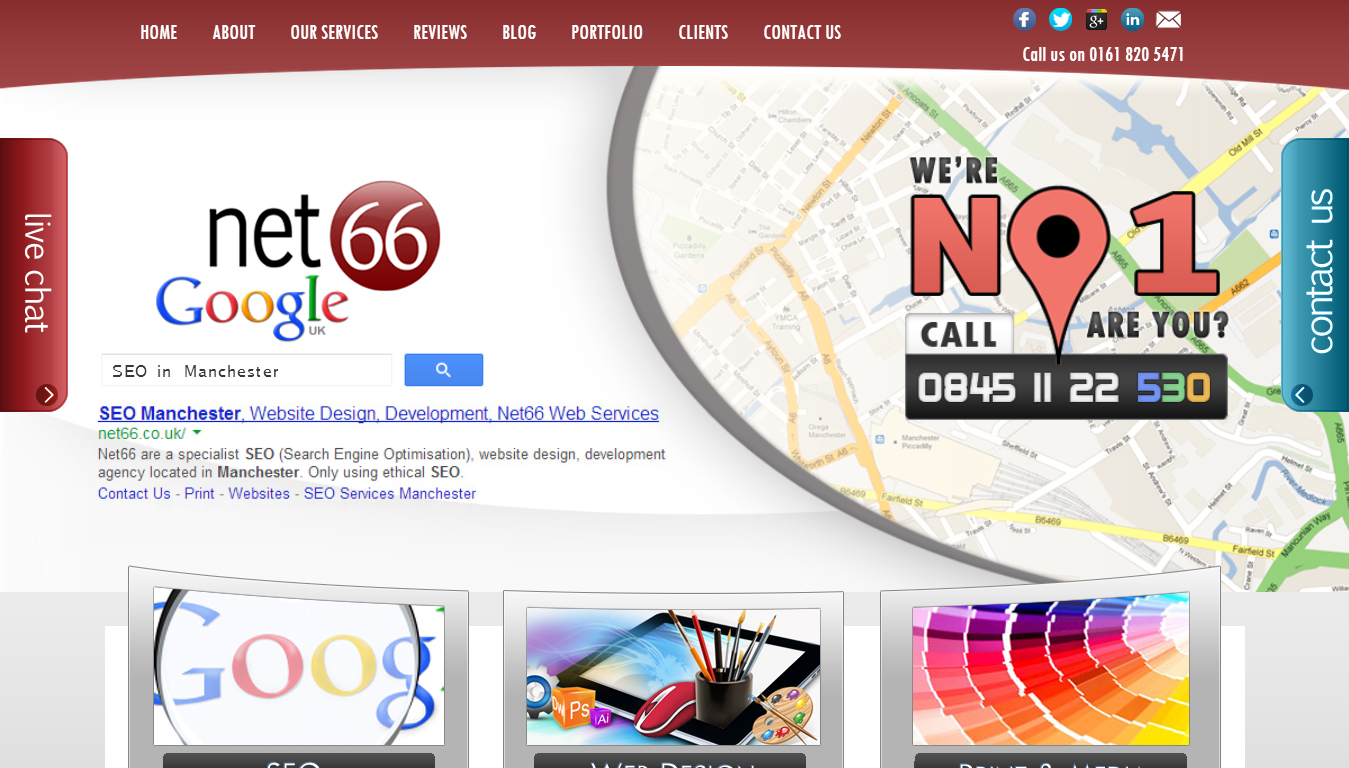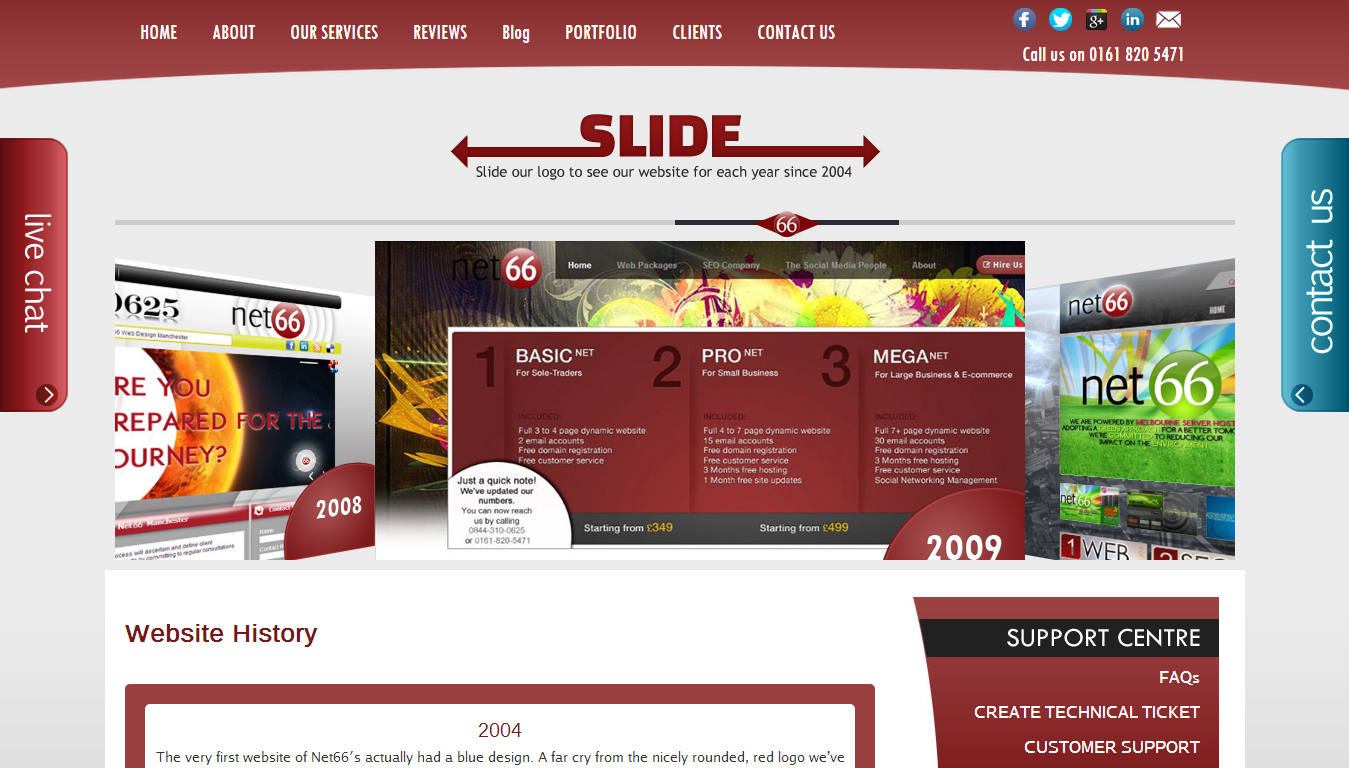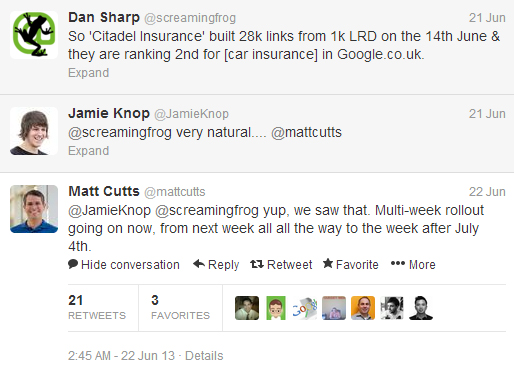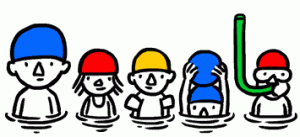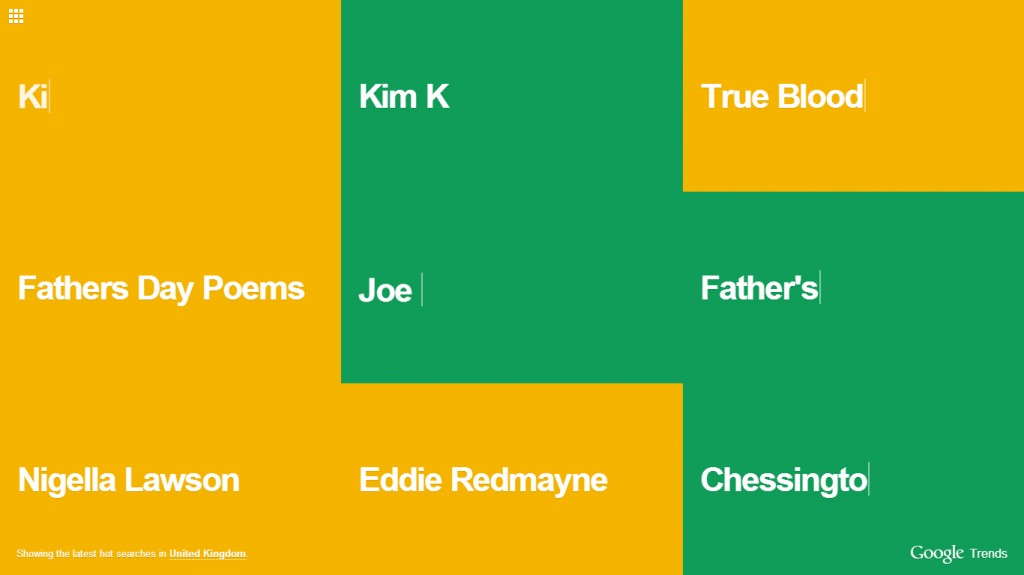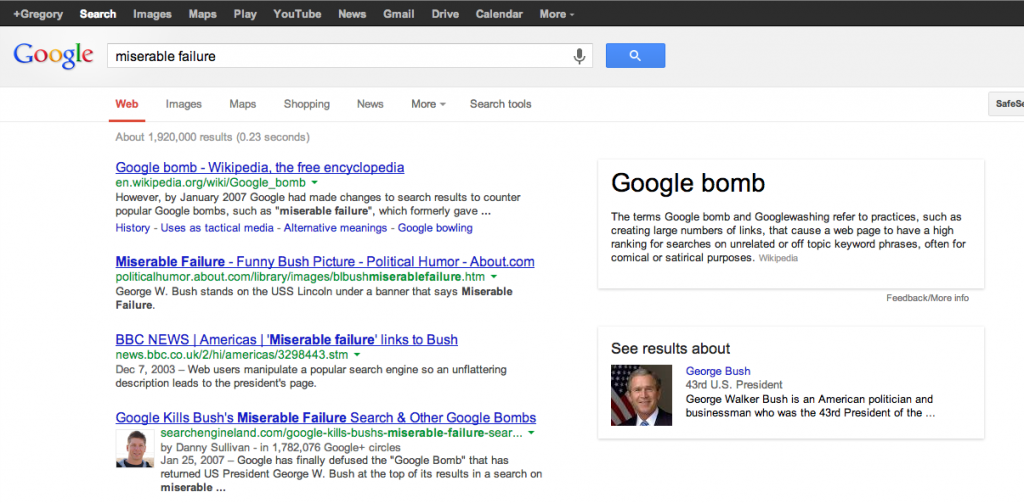Before I go any further, I want to say what a great job Google Search Engine is doing in difficult circumstances
Judging by the amount of emails I get from our SEO colleagues in the far east, and thinking about the UK SEO community, worldwide there must be hundreds of thousands of SEO’ers spending millions of hours trying to promote various websites for various phrases.
Has Google crumbled, not a bit of it. But what they have done is fall into a trap of unintended consequences ( in my humble opinion)
Quite rightly, the boffins at Google HQ are always trying to be one or two steps ahead of us SEO workers, and that is how it should be, but I think the last Penguin update wilhave a curious effect.
I can imagine the guys at Google HQ having brilliant idea.
“Lets favour those sites that generate a bit of interest, those sites that start of slowly, and because real people like them, they get visitors and comments and blog posts and links from multiple social media accounts”
What could possibly go wrong?
On the face of it, it is probably what we all would have done
SEO practitioners worldwide, out number Google by at least 1 million to one, (maybe more) and nearly all of those have now created at least one blog, 3 social media accounts and submitted paragraphs of text to another 5 directory s for each of their many clients, and are now adding keyword rich relevant content to all of those accounts on a regular basis.
Multiply that by the number of clients we all have, and the numbers of erroneous and completely made up articles that are being published every week and the amount of words to be read by the ever vigilant googlebot can only be measured in light year numbers
It is a common “well known fact” that there is now more data being stored right now, than the whole of the human race has amassed in in our entire chequered history.
Most of this data is probably backups of backups, multiple photos of drunk friends on Social Media sites and stored emails that were never read in the first place.
Now this data mountain will added to by millions and millions of articles. Written daily by SEO bods around the world, all trying to emulate the gradual organic growth of genuinely interesting sites on websites about “left handed widgets” and the like
There is a need for “left handed widgets” and there is a need, as and when we need them, for all of us to be able to find them. I think that task will now become harder and harder for search engines as the “needle in a haystack” effect gets more intense
Google has now got to read all of these and try and make sense of them all, so good luck to them, and although it will not happen anytime soon, they are going to have to find an easier way of doing things.
Being an old codger myself, I think we should go back to the simple times when “meta tags” were king

